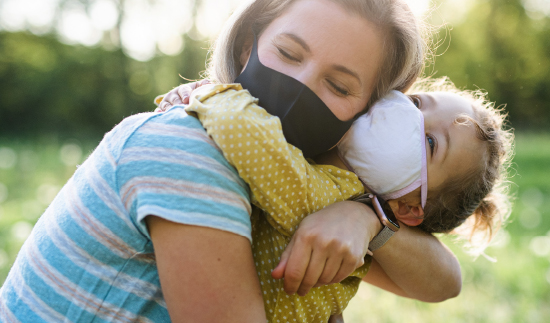
Your Heath Care Rights
Building Healthy Relationships
Sex Education
- Chat by texting “PPNOW” to 774636 (PPINFO)
Making a Difference
Mental Health Resources
Substance Abuse Resources
We have mental health and substance abuse resources and information.
Suicide Prevention & Crisis Intervention
Healthy Eating
Your Heath Care Rights
Building Healthy Relationships
Sex Education
- Chat by texting “PPNOW” to 774636 (PPINFO)
Making a Difference
Mental Health Resources
Substance Abuse Resources
We have mental health and substance abuse resources and information.
Suicide Prevention & Crisis Intervention
Healthy Eating
How long can I see my pediatrician?
We provide professional medical advice to infants through 21 years of age. Pediatricians have training in taking care of children from birth through adolescence and even into young adulthood. Pediatricians focus on child and teen development and are prepared to take care of all issues that teenagers face. We want to make sure our office is comfortable and inviting for teens and young adults as well as for the little kids.
As a teen, can I talk to my doctor about personal stuff in confidentiality?
What kinds of services and appointments do you offer?
How do I start becoming responsible for my medical care?
- Work on talking directly to your provider. During teen well visits we will ask your parents to step out of the room to talk to you one on one.
- Learn your personal medical history (things like diagnoses, hospitalizations, medications and allergies) and ask your parent about health problems in your family. You can keep all your medical information in a note on your phone, in a file at home, or on a card in your wallet. Some useful apps include Evernote, My Medical, and the Health App on iPhones.
- Know who all your medical providers are (primary doctor, dentist, any specialists or therapists you see) and have their phone numbers.
- Consider calling to make your own appointment next time you need to come in. You’ll need to know if you are coming in for a physical or a sick visit. You’ll be asked the reason for the sick visit. You can be vague or say it’s for a personal issue if you need to. Have your contact and insurance information handy.
What changes with my medical care when I turn 18?
When you turn 18 the biggest change is that, unless we have your written consent, we cannot share any of your medical information with your parents. So if we need to talk to you about a lab result, or clarify a prescription, we will have to talk to you directly. It’s a small change but one that sometimes surprises teens and parents. You can ask for a form from our front desk staff if you want to give your parent consent to act on your behalf after you turn 18. You will need to renew this form yearly. You can revoke access anytime.
If I'm on my parent's insurance, will they know that I had an appointment?
What vaccines are recommended for teens?

